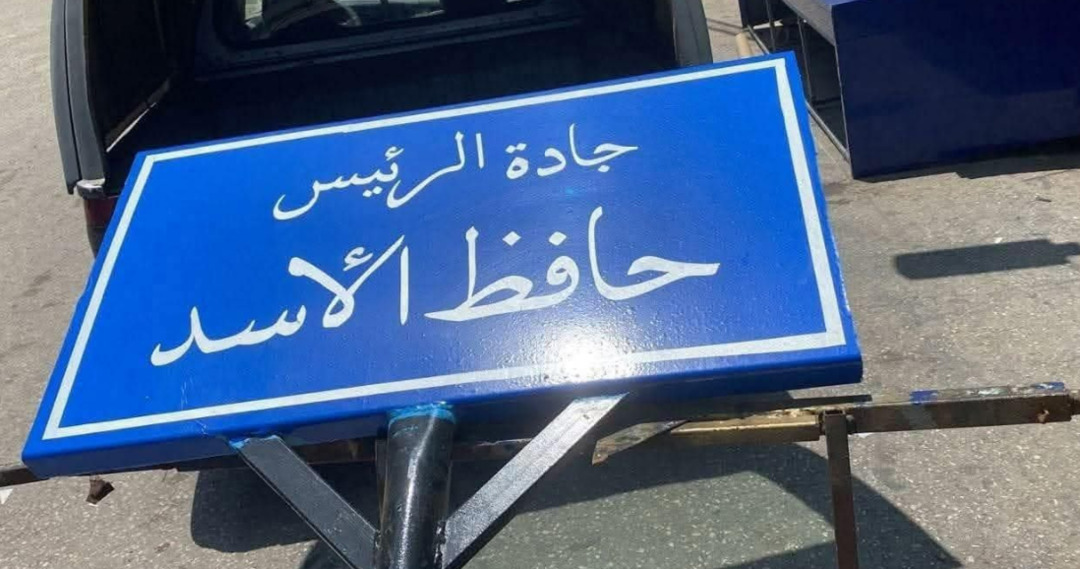-
Political Changes: Hafez al-Assad Avenue Renamed to Ziad Rahbani Avenue

On Tuesday, the Lebanese Council of Ministers approved significant changes, deciding to rename Hafez al-Assad Avenue to Ziad Rahbani Avenue. This decision was made by President General Michel Aoun and approved by the Council of Ministers. It came during a critical and pivotal session in which the council discussed an exceptional issue with political and security dimensions — the matter of confining arms to the authority of the Lebanese state.
In a press conference following the meeting, Minister of Information Paul Morcos announced the decision to rename the street, emphasizing that it reflects the government’s direction in promoting inclusive nationalism and reinforcing the Lebanese identity. Morcos noted that today's session witnessed intensified debate on the need to unify all military and security weapons under the authority of the state. He mentioned that ministers from the Amal-Hezbollah bloc withdrew in protest against the decision to limit arms, highlighting the depth of internal disagreements on the issue.
Minister Morcos also stated that the Council of Ministers set a deadline until the end of the current year to devise a unified mechanism for placing all weapons under state control. Meanwhile, the discussion of the “exclusive state control over arms” item was postponed to future sessions, amid increasing international and regional pressure on the Lebanese scene.
In a related context, Caretaker Prime Minister Nawaf Salam affirmed that the ministerial statement upholds the responsibility of defending Lebanon’s borders and reflects the government's commitment to implementing UN Security Council Resolution 1701, in an effort to strengthen state authority and build internal and external trust.
It is worth noting that the session represented a turning point, as the issue of arms control topped the agenda for the first time publicly after many years of political division and intense debate. These developments come amid escalating international pressure, which has fostered an atmosphere conducive to making decisive decisions, with ongoing communications between the three presidencies and direct initiatives involving Hezbollah, aimed at enhancing dialogue and reaching a consensual solution to end the political deadlock.
These developments reflect the sensitivity of the Lebanese scene and indicate that the country stands on the brink of a new phase that may determine its future amid a complex regional and international environment.
You May Also Like
Popular Posts
Caricature
opinion
Report
ads
Newsletter
Subscribe to our mailing list to get the new updates!






















